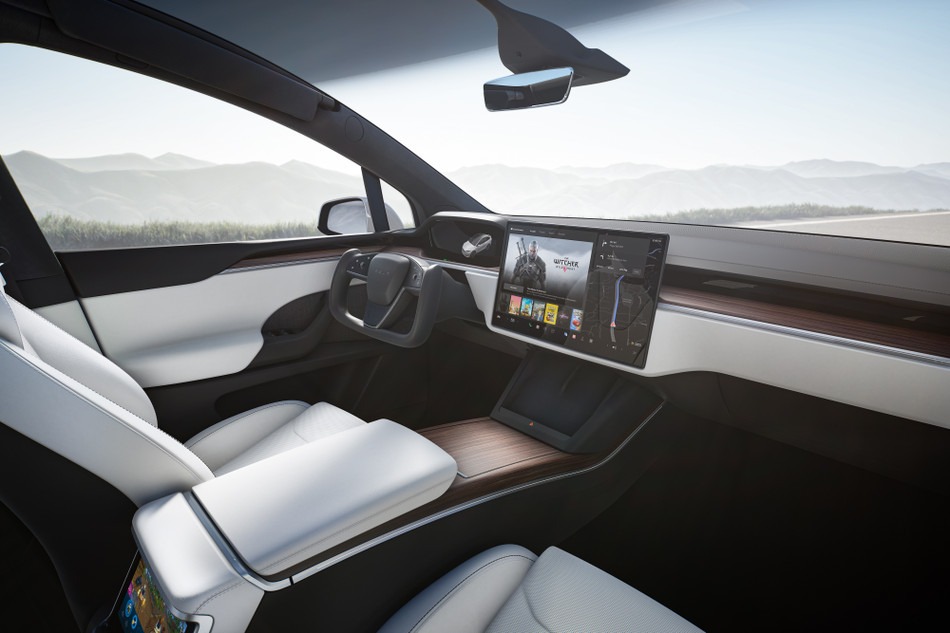
Tesla’s Vegan Leather Supplier Touts Growing Popularity of Product

The vegan leather Tesla uses for the interior seating in its electric vehicles (EVs) is supplied by Japan-based Ultrafabrics Holdings Co., which is betting the material is going to make it big (via Automotive News).
As the automotive industry moves toward sustainability in everything from propulsion to manufacturing and interior design, carmakers are swapping out organic leather made from processed cowhides or sheepskin in their premium interior configurations for synthetic leathers. Non-animal-based leathers are also lighter, for an added advantage.
Tesla has been using “all vegan” leather in its EVs since 2016, and other players are following in its footsteps.
“More and more people are using our leather,” Ultrafabrics president Noboru Yoshimura said in a recent interview. “We’re consciously developing premium products, and that strategy is in line with the times.”
According to Straits Research, the global synthetic leather market is on course to top $67.2 billion USD by 2030, and Ultrafabrics is looking to carve out as big a piece of that pie as it can.
EVs are a key driver of growth for the industry — a buyer that is environmentally conscious enough to want an all-electric car will likely also be concerned about the use of animal-based products.
“EV makers like Tesla are increasing their use of synthetic leather,” said Katsuhiko Ishibashi, an analyst at Ichiyoshi Research Institute Inc. “Ultrafabrics is also increasing its shipments to EV makers.”
Tesla may be one of Ultrafabrics’s largest customers, but the company caters to more than just EV makers. Ultrafabrics also touts United Airlines and several other airlines as clients, but it has not disclosed a complete list of customers.
Business is booming for Ultrafabrics, which is listed on the Tokyo Stock Exchange. The company’s stock price has quintupled since 2020.
While vegan leather is gaining momentum in western markets, Yoshimura is concerned that China and his home country are falling behind in uptake. “Only Japan and China think that genuine leather should be available as a premium option,” he said.
“That’s why I feel a great sense of urgency,” Yoshimura added. “There’s still a sense that sustainability is a premium option, but it will probably become a must-have in the not-too-distant future.”
Synthetic leathers present their own ethical and environmental dilemma, though, since most of these materials are made from plastic-based polyurethane chloride and polyurethane. That said, some kinds of vegan leather are made using materials like cork, bark, or apple peel.
Tesla, meanwhile, is constantly making upgrades and changes to its interior design. Back in August, the company replaced the white vegan leather in Fremont-made Model Ys with Alcantara, a suede-like synthetic material. Before that, Tesla added carpeting to the door bins.

